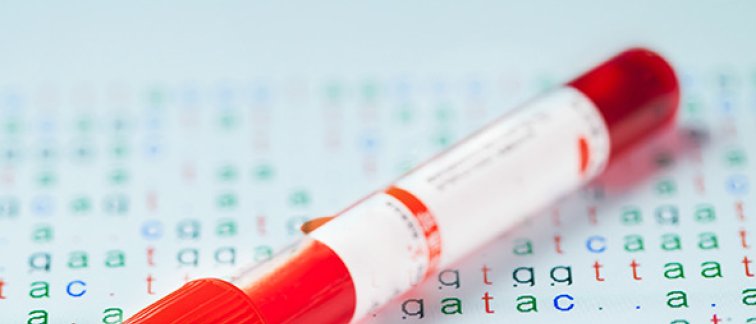Blood-based liquid biopsies may enable minimally-invasive tumor diagnostics and therapy monitoring.
The less painful, invasive and more effective we can make diagnosis, monitoring and treatment of cancer, the better for patients and professionals. Liquid biopsy is non-invasive and fast. It has potentially broad application in the diagnosis and treatment of cancer, including early diagnosis screening, detecting tumor heterogeneity, drug resistance and establishment of therapeutic targets (treatment plan).
Thus far, highly sensitive and specific detection of brain tumors using blood samples has proven to be difficult. Our results indicate that tumor-educated platelets (TEP)-derived RNA panels can be employed for the accurate liquid biopsy-based detection of glioblastoma. Also, unique TEP RNA profiles of patients with glioblastoma can be differentiated from those with metastatic brain cancer or multiple sclerosis. In addition, the tumor signals in TEPs are dynamic in the post-operative phase during chemo-radiotherapy treatment and the data indicates a strong correlation between TEP signals and tumor resection and recurrence. Hence, TEPs may facilitate the differentiation of tumor recurrence from false-positive progression (pseudo-progression or radiation necrosis; a phenomenon in which tumor growth is seen on a scan whereas the tumor is actually still in regression). These data indicate that TEP RNA panels derived from the equivalent of a single drop of blood can be employed for blood-based therapy monitoring purposes in patients with brain tumors.
Read the whole article online: Cell Reports Medicine or download the pdf file here.
Tumor-educated platelets: From RNA to diagnosis
This publication is also part of the PhD thesis of Myron Best. He defended his PhD thesis on October 1, 2020.
Blood platelets are cell fragments in blood that are implicated in blood clothing and initiation of wound healing. Recently, the contributions of platelets to the progression and metastasis of cancer has been revealed, hence they were termed ‘tumor-educated platelets’. The research presented in this thesis shows that RNA profiles in platelets from patients with cancer are altered as compared to non-cancer controls. In addition, this thesis described the first steps for the development of a blood test employing innovative self-learning algorithms that – in the equivalent of one drop of blood – is able to identify cancer in an early stage. The blood test also enables for pinpointing the location of the primary tumor. Finally, research in this thesis describes the normalization of the RNA profiles in platelets of patients with a glioblastoma, one of the most malignant brain tumors, following tumor removal, and dynamic alterations of the RNA patterns during concomitant chemoradiotherapy treatment and tumor recurrence. This unique methodology to read the genetic material of blood platelets is a novel, promising way to diagnose cancer in an early stage in blood.
Do you want to know more?
If you want to know more contact Myron Best (m.g.best@amsterdamumc.nl) or Nik Sol (ni.sol@amsterdamumc.nl)

